Climbing Mount Stanley, the Mountain of the Moon
Kilimanjaro may be taller, but Uganda’s highest peak is a more challenging climb
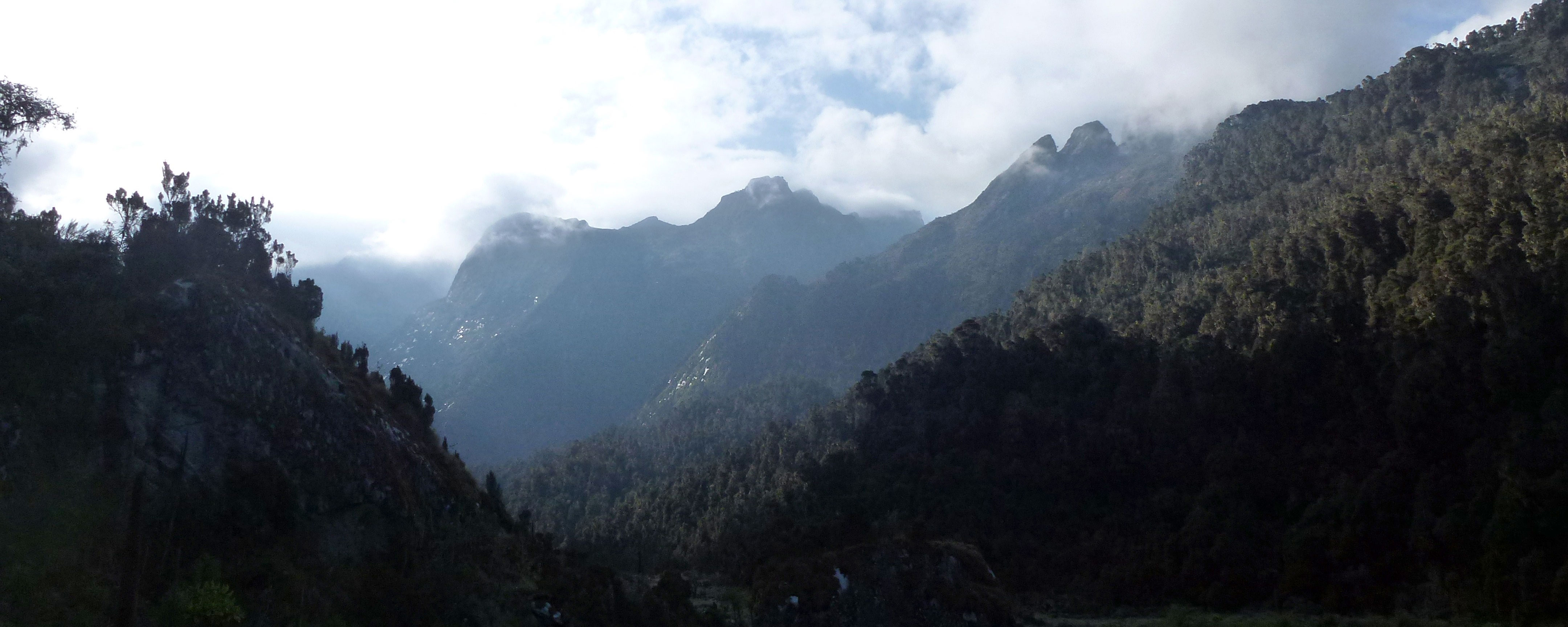
A free daily email with the biggest news stories of the day – and the best features from TheWeek.com
You are now subscribed
Your newsletter sign-up was successful
The Rwenzori or “rainmaker” mountains, in western Uganda, were unknown to Europeans until Henry Morton Stanley first glimpsed them in 1889, as he travelled through central Africa. Even then he almost missed them, mistaking for a cloud what turned out to be a snow-capped peak.
The tallest mountain in the range, now named after the explorer, still represents a challenge: few climbers brave the nine-hour drive from Kampala to attempt the ascent.
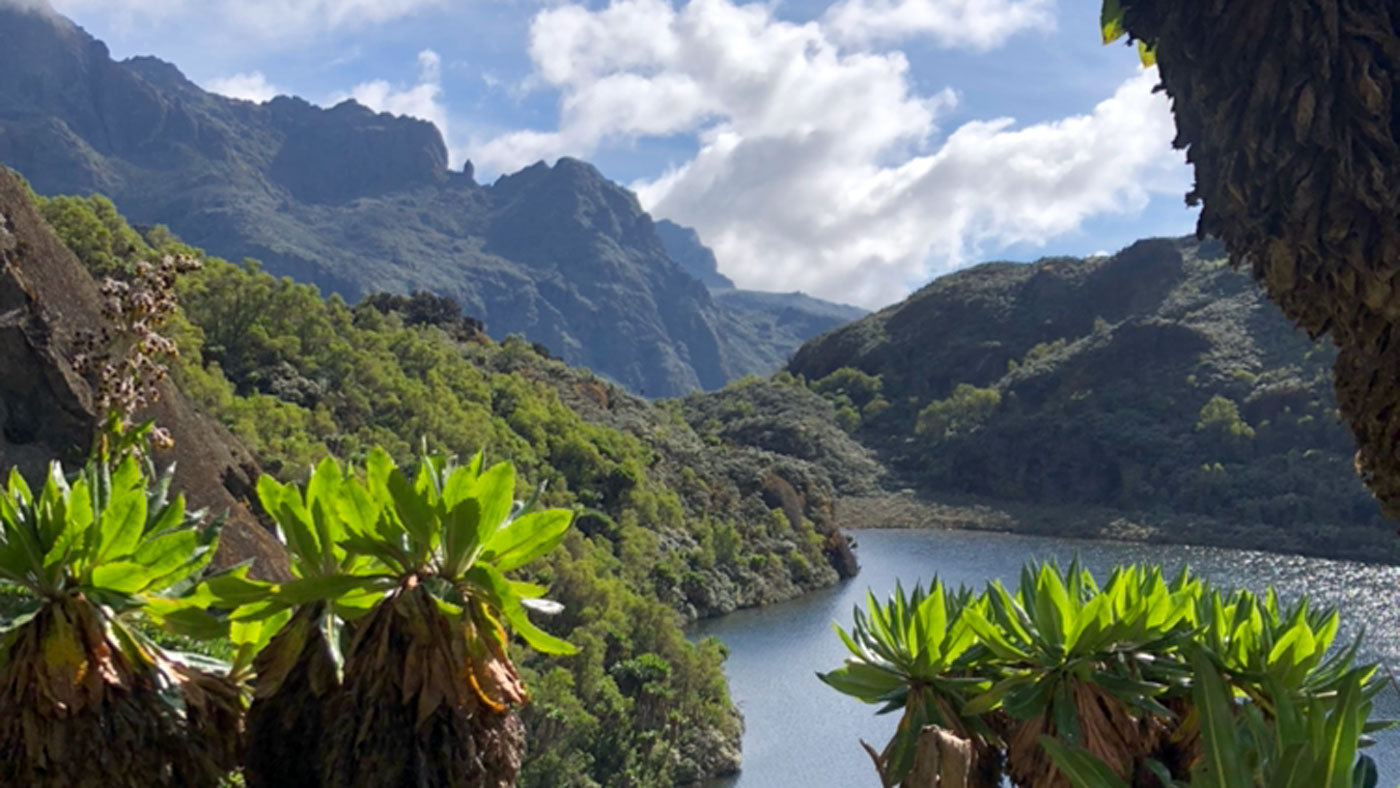
Why climb Mount Stanley?
The Week
Escape your echo chamber. Get the facts behind the news, plus analysis from multiple perspectives.

Sign up for The Week's Free Newsletters
From our morning news briefing to a weekly Good News Newsletter, get the best of The Week delivered directly to your inbox.
From our morning news briefing to a weekly Good News Newsletter, get the best of The Week delivered directly to your inbox.
Mount Stanley is remarkable for its sheer remoteness, but also its exceptional beauty. With its snowy summit and luminous glaciers, it is known as the Mountain of the Moon, a reference to a legendary peak described by the Ancient Greeks.
More prosaically, it is the third-highest mountain in Africa, rising 5,109m above sea level. While almost 800m shy of Kilimanjaro, it is a more technical climb - and much less crowded.
What terrain do you cross?
The Rwenzori mountains help to explain why Uganda is called the Pearl of Africa. The landscape here is astonishingly lush and green, like a prehistoric wonderland, with huge and unusual-looking plants. White heather hangs from branches like old men’s beards and dramatic snow-peaked mountains can be glimpsed between the trees.
A free daily email with the biggest news stories of the day – and the best features from TheWeek.com
The verdant terrain comes with some drawbacks: the muddy swamps and marshes that straddle the first section of the climb mean wellies are a more practical option than hiking boots.
Once on the ascent, the scenery changes quickly, becoming grander and more tropical. Bamboo shoots up from the forest floor and high in the canopy you can hear the rattle and chant of monkeys.
What was the hardest part?
The final ascent is by far the hardest part, with climbers trudging through snow in total darkness, scrambling at ropes fixed to the rock face. They must ascend in single file, ten metres apart, ensuring the line is kept tight at all times so that if anyone falls into a crevasse, the others can hold the weight and fix a belay for rescue. Be prepared for extreme fatigue to set in during the final stretch over the snow-covered glacier.
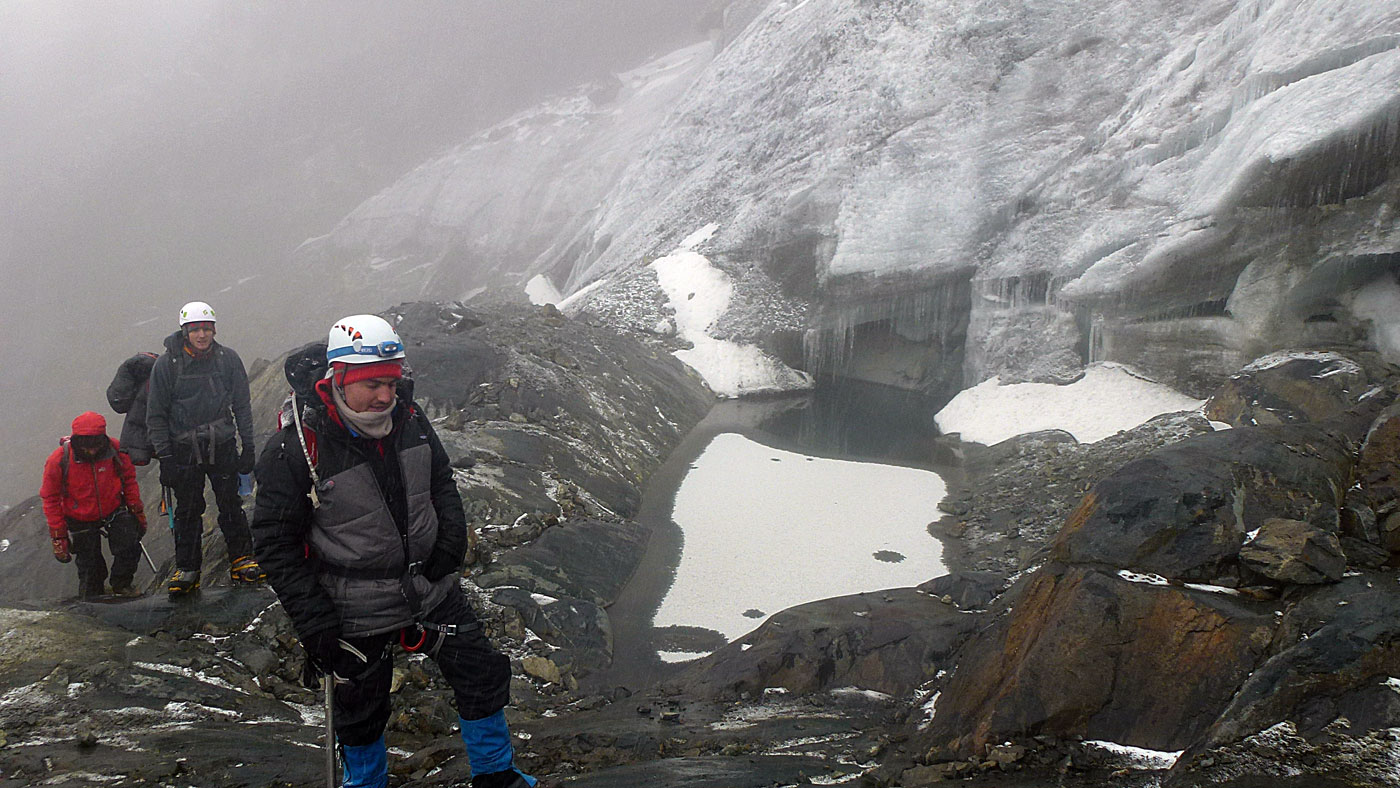
When you reach it, though, the Margherita Peak is likely to be free of other climbers, providing time and space to savour the incredible views across mountains, lakes and the Democratic Republic of Congo, which lies on the other side of the ridge.
What level of fitness and experience do you need?
A good level of fitness is vital as sections of the mountain are close to vertical. Coupled with the high altitude, this can take a toll on your physical ability. You don’t have to be an experienced mountaineer to climb Mount Stanley as you will have fully qualified guides leading you up, although some knowledge of using crampons and ice axes is advised.
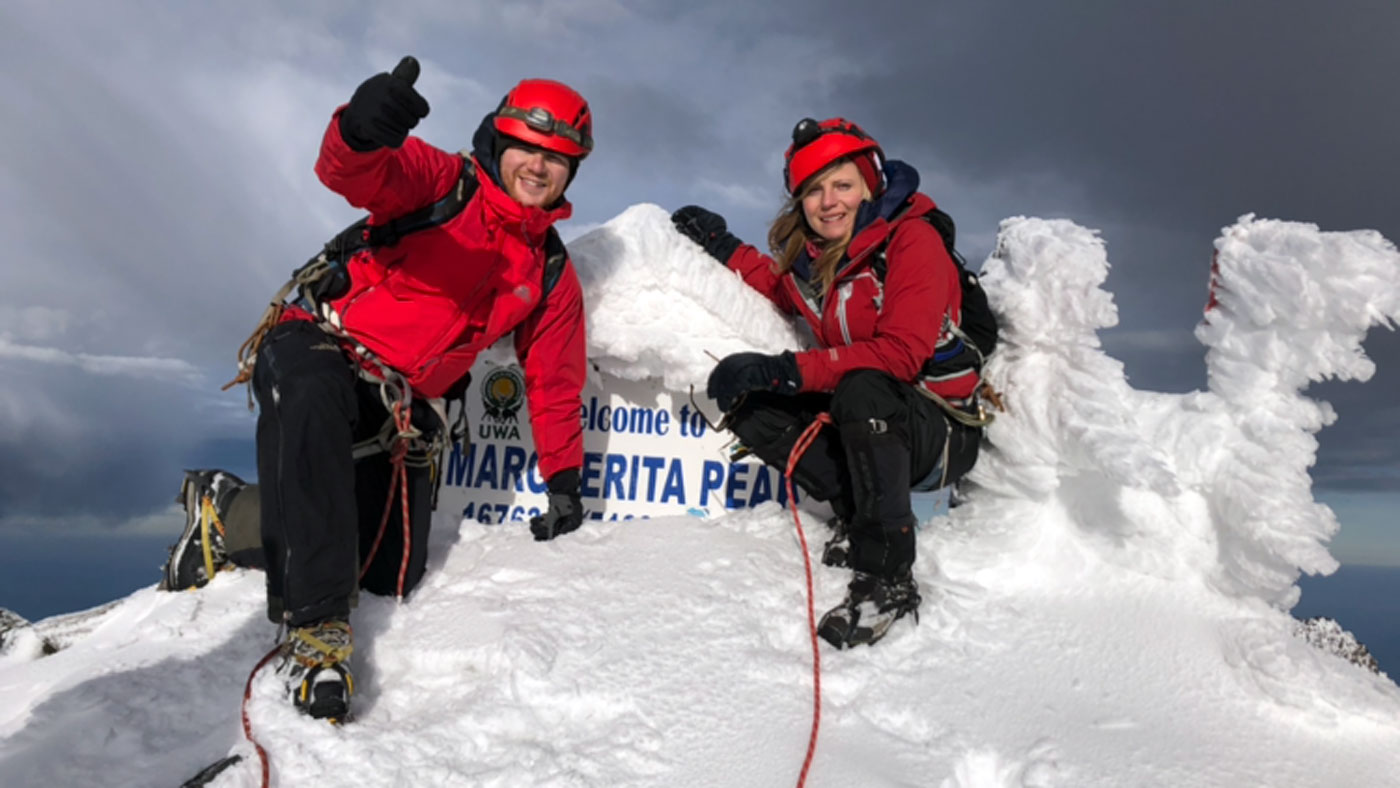
How do you get there ?
You can fly to Entebbe, near Kampala, via Addis Ababa on Ethiopian Airways or via Dubai on Emirates, from about £300 return. Then you have two options: either a nine-hour drive to the mountains, or a 45-minute light-aircraft flight.
What time of year is best?
The climbing season runs from December to June, with December the quietest month. From July onwards, very heavy rain makes climbing inadvisable.
What equipment do you need?
Bringing your own wellies is advisable, as well as a good sleeping bag and waterproof gear (the weather can be highly unpredictable). As you get higher the temperature drops, so a set of base layers are needed.
How much does it cost ?
A few British adventure tour operators run expeditions to Mount Stanley, including Secret Compass and Gane & Marshall. Prices vary between companies, but the typical cost for a ten-day trip is around £1,500, or £1,900 including flights. You can also contact the Rwenzori Mountain services, based in Kasese.
-
 The broken water companies failing England and Wales
The broken water companies failing England and WalesExplainer With rising bills, deteriorating river health and a lack of investment, regulators face an uphill battle to stabilise the industry
-
 A thrilling foodie city in northern Japan
A thrilling foodie city in northern JapanThe Week Recommends The food scene here is ‘unspoilt’ and ‘fun’
-
 Are AI bots conspiring against us?
Are AI bots conspiring against us?Talking Point Moltbook, the AI social network where humans are banned, may be the tip of the iceberg
-
 Friendship: 'bromance' comedy starring Paul Rudd and Tim Robinson
Friendship: 'bromance' comedy starring Paul Rudd and Tim RobinsonThe Week Recommends 'Lampooning and embracing' middle-aged male loneliness, this film is 'enjoyable and funny'
-
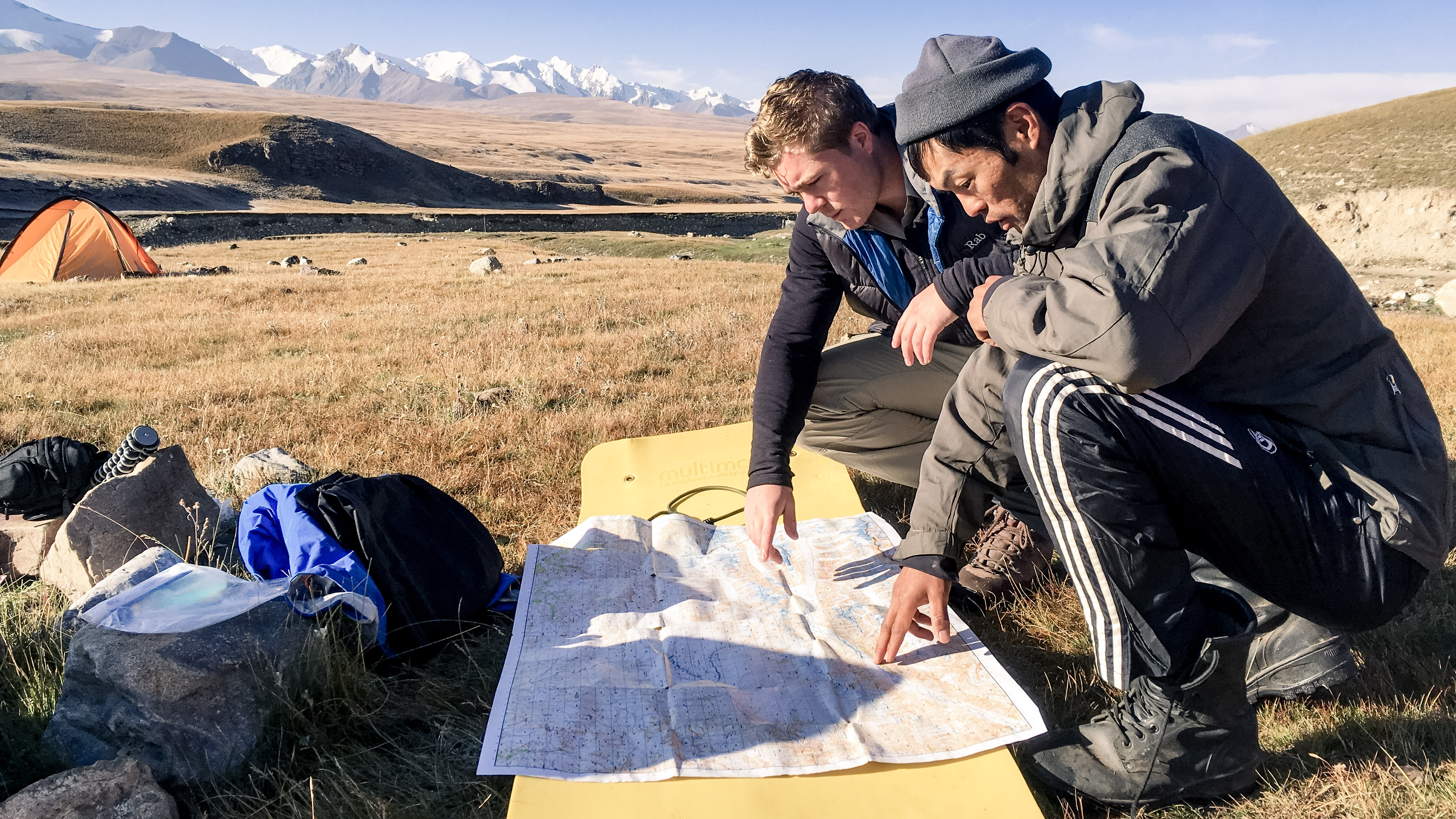 How community-based tourism can reshape travel for the better
How community-based tourism can reshape travel for the betterIN And five tips for finding a responsible community travel company
-
 8 eagerly awaited hotels opening in 2025
8 eagerly awaited hotels opening in 2025The Week Recommends A new year means several anticipated hotel openings are on the horizon
-
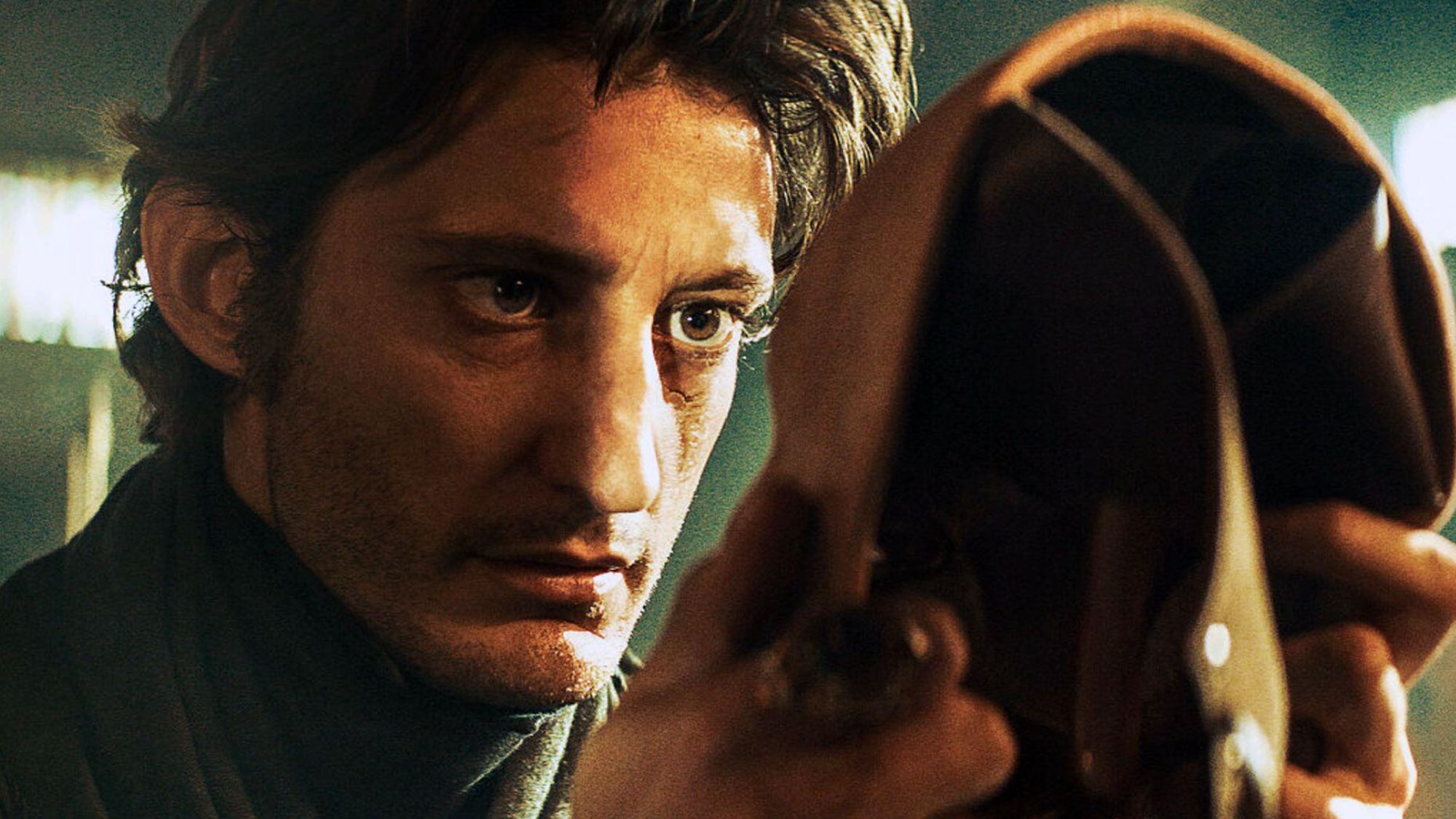 The Count of Monte Cristo review: 'indecently spectacular' adaptation
The Count of Monte Cristo review: 'indecently spectacular' adaptationThe Week Recommends Dumas's classic 19th-century novel is once again given new life in this 'fast-moving' film
-
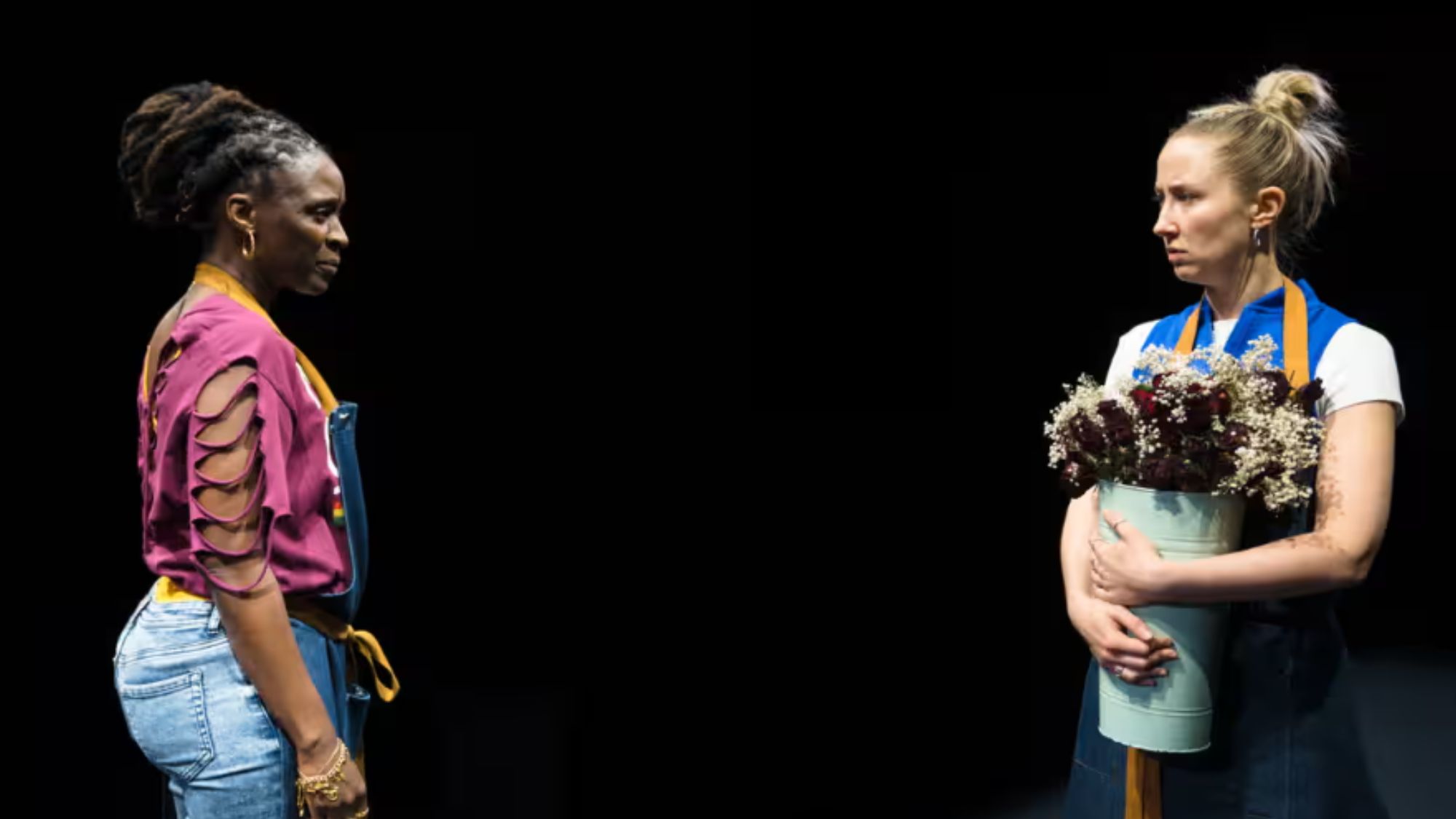 Death of England: Closing Time review – 'bold, brash reflection on racism'
Death of England: Closing Time review – 'bold, brash reflection on racism'The Week Recommends The final part of this trilogy deftly explores rising political tensions across the country
-
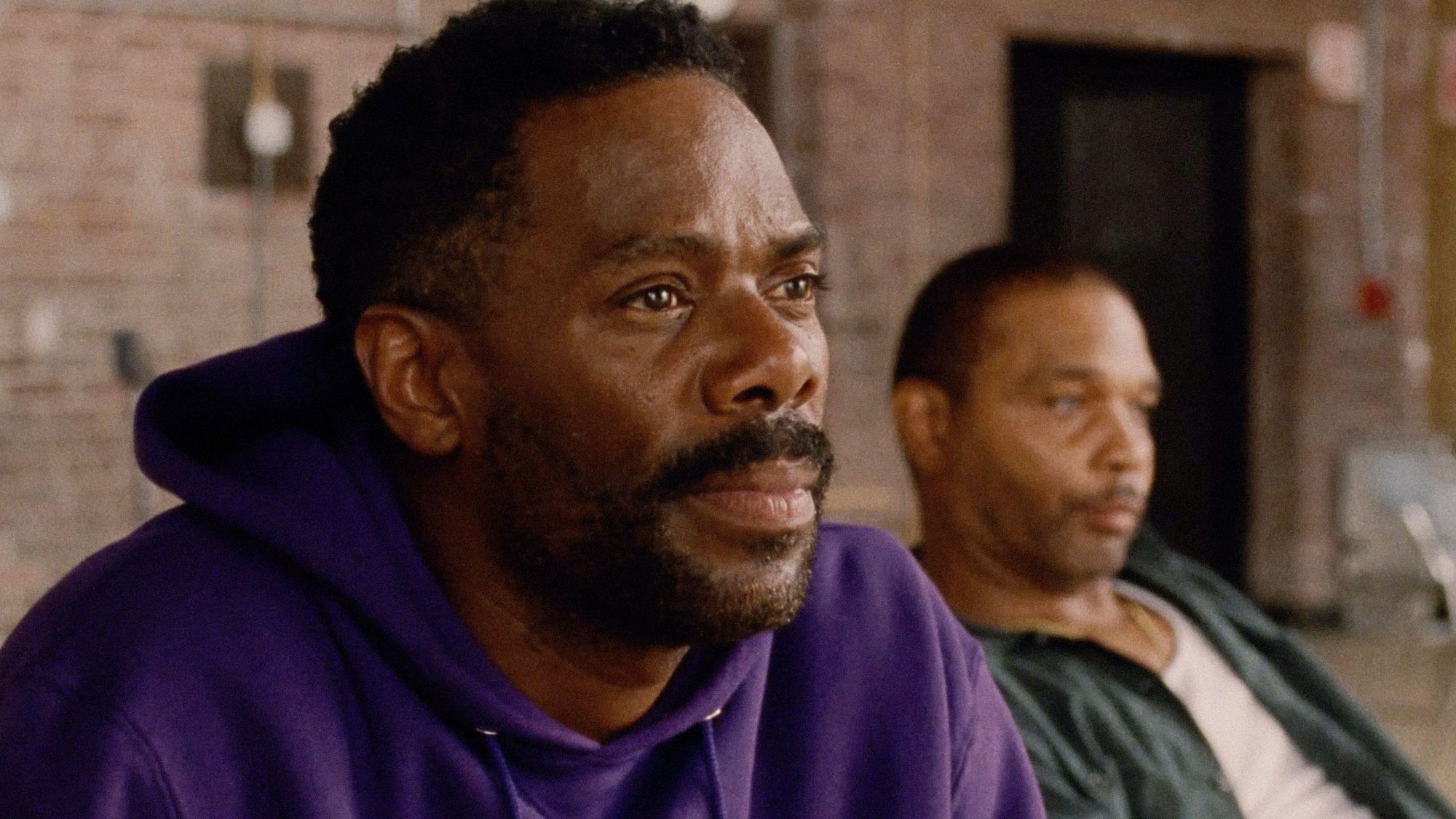 Sing Sing review: prison drama bursts with 'charm, energy and optimism'
Sing Sing review: prison drama bursts with 'charm, energy and optimism'The Week Recommends Colman Domingo plays a real-life prisoner in a performance likely to be an Oscars shoo-in
-
 Kaos review: comic retelling of Greek mythology starring Jeff Goldblum
Kaos review: comic retelling of Greek mythology starring Jeff GoldblumThe Week Recommends The new series captures audiences as it 'never takes itself too seriously'
-
 Blink Twice review: a 'stylish and savage' black comedy thriller
Blink Twice review: a 'stylish and savage' black comedy thrillerThe Week Recommends Channing Tatum and Naomi Ackie stun in this film on the hedonistic rich directed by Zoë Kravitz